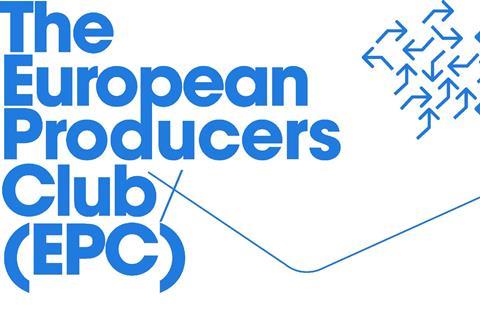
Paris-based European Producers Club (EPC) has launched a four-point code of fair practices aimed at creating a more equitable relationship between the global streaming giants and the independent producers with whom they work.
The creation of the code has been driven by growing fears among independent producers across Europe that they are being reduced to the role of “producers for hire” by the funding models of the streaming platforms, which often demand all rights when they fully back film and TV projects.
The body argues current contract practices do not reflect the true value of the work of independent producers who invest their time, money and know-how in discovering talent, initiating projects, acquiring intellectual property (IP) and developing the script before going to platforms in search of finance.
Being stripped of all rights in return for project finance also means producers are unable to build up a library of content rights, revenue from which often gets ploughed back into development.
The code aims to establish basic parameters to be applied to contracts when streaming platforms commission features, TV series and other audiovisual works from independent production companies.
Founded in 1993, the EPC has 140 members from across Europe who meet at key festivals including Berlin, Cannes and Venice and throughout the year to discuss issues impacting their activities as independent producers.
The code of fair practices is aimed at all independent producers not just EPC members.
The body will be sending the code to all the streaming platforms working with independent producers in Europe as well as national film institutions and professional bodies.
Four points
The first of the four points states fair and proportionate remuneration and economic participation, which is already provided for by the EU for authors and directors and other copyright or related rights owners, should be applied to independent producers. It asks that contracts should allow for reasonable producer fees, overhead fees, a contingency reserve and additional revenue linked to viewing results.
Secondly, it tackles intellectual property (IP) rights, stating that when an independent company creates or co-develops an IP it should be allowed to retain rights to it and develop future derivative works, rather than hand them over to a streaming platform.
“The exploitation rights granted to the VoD service should be limited to the rights in the film or TV series that the VoD service needs in connection with the primary exploitation of the work in its service, while allowing for the production service to authorise the reasonable, additional exploitation and free TV exploitations after a reasonable period of exclusivity,” reads the code.
The third point covers transparency and accountability and asks for producers to have more access to data on how productions perform.
The fourth point tackles state support and tax incentives. It states that when a production accesses such mechanisms thanks to the involvement of an independent producer, this contribution to the budget should be regarded as part of the independent producer’s financial contribution and in turn be reflected in their ownership and control of the rights.
EPC managing director Alexandra Lebret said the decision to create the code of fair practices, which can be viewed in full on the EPC website, had been driven by growing fears that independent producers risk being wiped out by the rise of the streaming platforms and the sorts of contracts they impose when financing a work.
“Covid has accelerated the process of change of the industry and the predominance of the streamers, which is a game-changer in terms of the business relationships with the producers,” she said. “The ‘producer for hire’ model is going to spread all over the industry and this business model is putting huge pressure on the way independent producers are working.”
Another spur has been the updating of the European Union’s Audiovisual Media Services Directive (AVMSD) to reflect the digital age and rise of the global platforms. Ratified at the end of 2018, it is being transposed into law across the bloc’s 27 member states.
The EPC notes that while the updating of the AVMSD is a positive move in that it sets targets for European content it falls short for independent producers because it does not set stipulations around investment in independent production.

























No comments yet